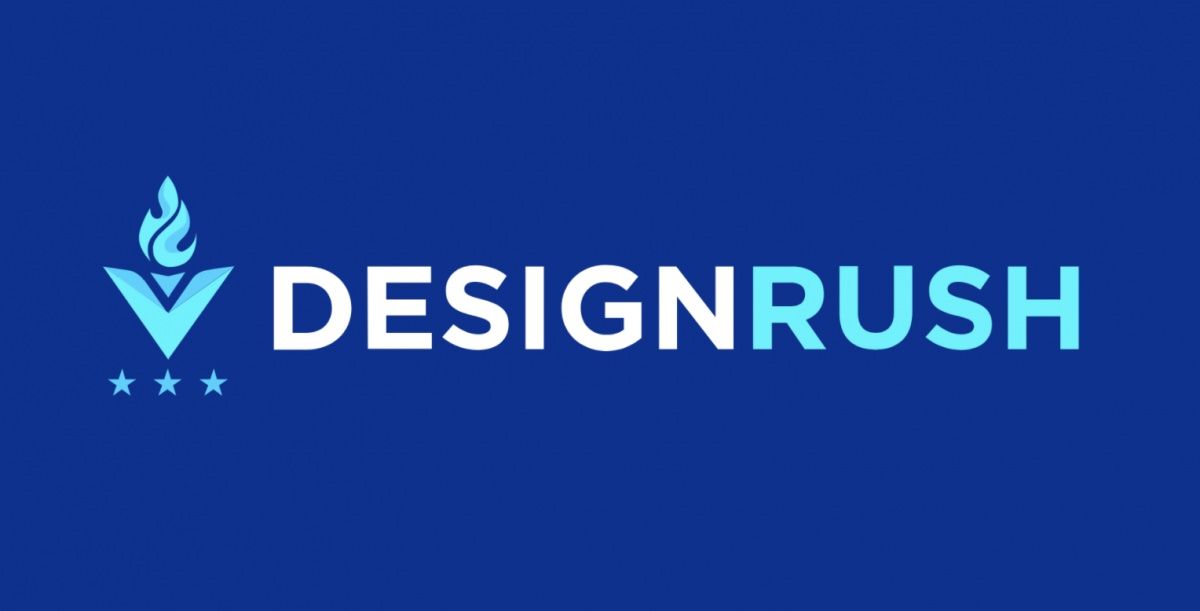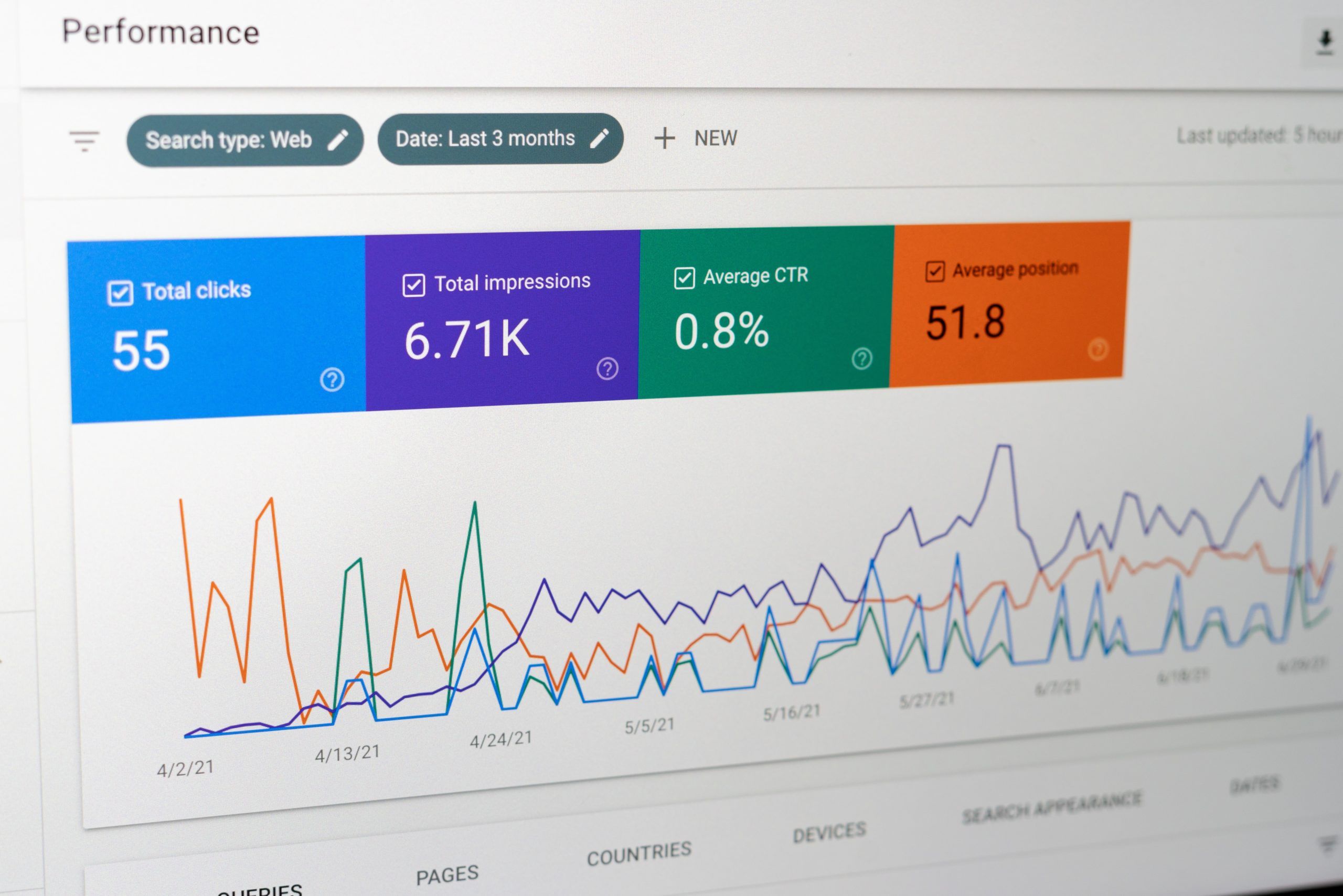So you’ve recently started a small business. Congratulations on taking the first step toward bringing your ideas or products to the world. Whether you are a first-time entrepreneur or you are starting one of many businesses in your portfolio, starting a new business can be both exciting and challenging. This guide will help you make decisions on how to market your new business on the internet. Let’s get started with our Guide to Small Business Website Design.
The Importance of a Website for your Small Business
As of January 2022, 307 million US residents were on the internet – a staggering 92% of the population. The average US household has at least 2 computers and at least 2 smartphones. The internet is a part of our daily lives in a big way.
The internet currently consists of over 1 billion websites and its growing daily. To find the information users are searching for, they perform 8.5 billion google searches per day. An average person completes 3-4 google searches per day.
With all of this information at the world’s fingertips, it’s more important than ever that your small business has a presence on the web. Your website lets users know you exist, the products or services you offer, and how they can purchase your offerings. With 1 billion other websites competing for users’ attention, it’s vital to have a website that follows current best practices in its build, design, content, search engine optimization, and functionality
Should I Build My Website Myself or Hire a Professional?
This question can be answered by asking another question – do you have the time, expertise, and tools available to build your small business website yourself? If you do, building your small business website yourself can save your new business money while also keeping you closely connected to the question of how to market your website. Tools like Wix and Squarespace are great resources for business owners to try their hand at building their own website. For those looking for a more hands-on approach, a self-hosted wordpress website can be quickly launched and customized using a vast collection of themes and plugins.
If you don’t have the time, tools, or expertise to build a website, it’s best find a website professional who can do the heavy lifting for you. The advantages of hiring a pro are:
- Time – a professional will be able to build your website for you in less time that it will take for you to learn and use the necessary tools. And as the business owner, you don’t lose any of your own time building the website and can focus on your business.
- Customization – working with a professional to build your small business website provides the opportunity to build a website totally unique to your needs and customized to your brand. Most website builder services utilize templates which you customize to match your brand, but limitations exist with these templates. Hiring a website designer to develop your website gives you the ability of having a fully custom build.
- Expertise – the web is constantly evolving and with it, website best practices are regularly changing. A website professional will be aware of these changes and will be able to leverage the newest and best practices for your website.
- Relationship – working with a web designer to build your small business website means you’ll always have a professional to call when you need something in the future. Pivoting your business model? Launching a new revenue stream? Want to update your site with a fresh look and feel? A quick call or email to the designer who built your website should get you moving forward on any of these changes.
The Basics of a Small Business Website
Domains:
Usually the starting point of the small business website design process, a domain is a unique web address that people will use to find your website. Domains are purchased through a domain registrar such as GoDaddy or NameCheap and are connected to your web hosting server to connect your domain address to your website files. Domains with a “.com” ending are the most popular and recognizable, but other domain types are available and can be good options as well.
Our Recommended Domain Registrar: NameCheap
HTML/CSS:
HTML and CSS files are the data files that contain the code that determine how your website looks, what is says, and how it functions. HTML files form the structure and CSS files determine the style. Other popular file types that may be a part of a website are PHP files and Javascript files. Each file type has a role in bringing your website to life. These files are uploaded to a web hosting server where they can be served to website visitors on demand.
Web Hosting:
To be seen by your visitors, the various files that make up your website must live on a computer (server) that is connected to the internet 24/7. The best and most cost effective way to do this is by purchasing a hosting service from a hosting company with hardware specifically built for the task. Web hosts are built for security, performance, and reliability – usually at a large scale. Many website hosting providers host thousands of websites on their hardware.
Our Recommended Web Host: Cloudways
Content Management System (CMS):
In the early days of the web, business websites coded from scratch using mainly html and images. As the web developed, content management systems were built to provide a large set of features and complex functionality in one package. These systems allow users to easily manipulate content, add/edit pages, and manage photos and video. The WordPress CMS is the most popular example of a CMS that currently powers over 43% of the web.
Our Recommended CMS: WordPress
SSL Certificate:
SSL certificates create an encrypted connection and establish trust on your website. This encrypted connection allows sensitive information such as credit card details, login credentials, and other personal data to be transmitted securely – preventing the interception of this data by attackers. In 2018, Google began flagging websites without a Secure Sockets Layer (SSL) certificate installed on their website. Sites without an SSL certificate are labeled with a “Not Secure” message in the URL bar and the site’s search ranking with Google is affected. Luckily SSL certificates are free and easy to install on many web hosts such as Cloudways. If your organizational website handles a lot of sensitive personal information (like e-commerce, health or financial information) it may be wise to increase SSL security by purchasing a SSL certificate from a trusted CA (Certificate Authority) that includes a warranty against data breaches. NameCheap offers a variety of paid SSL options to suit your needs.
SEO (Search Engine Optimization):
Having a beautiful website with excellent content is a great start, but to deliver that content to more visitors, you have to be found. Google and other search engines provide users with a simple way to search for the content you’re looking for. As the web has grown, search engines have adapted their criteria for websites to allow them to display the most powerful search engine results to their users. It’s important that your website is built with search engines in mind. Everything from how you address the pages of your site to the speed in which it loads effects how your content displays in search engines.
Email:
Email accounts can often be an overlooked part of the web development process. In 2022, some businesses still communicate with their customers using a gmail or other free email service. Creating email accounts for your business that match your business domain can be easily accomplished and usually at minimal cost. Whether you’re building your small business website yourself or hiring a professional, keep this aspect of the project in mind.
Determining The Goals of Your Small Business Website
When building their first website for a new business, many business owners focus on the design of the website. Like the brick and mortar building that they will display their products or the offices they will meet with clients, they want their website to reflect the characteristics of their brand.
But a great website doesn’t just look good – it should also work hard to accomplish business objectives. Visitors to your site may stick around if they like the look and feel, but if they are not finding the information most important to them or contacting your business to learn more, opportunities are lost.
When building your small business website, make a list of goals your website should accomplish and make sure to build the necessary processes to meet these goals into the site. Here’s a sample list of website goals:
- capture customer email addresses for email marketing efforts
- have customers call your business for more information
- allow visitors to your site to book an appointment
- encourage them to send you an email through an online contact form
- give visitors a coupon code to encourage e-commerce sales
- provide a way to allow visitors to donate to your nonprofit quickly and easily
Having clear goals for your website will allow you to determine its effectiveness as a business tool. When website data shows increases or decreases in these goals, refinements can be made to the site to optimize for these goals. Goals tied to dollar values can also help measure the ROI of your website investment.
Tips For Building a Small Business Website
- Analyze your competitors’ websites – review the look/feel AND business effectiveness of the website. Does this website represent the characteristics of their brand? Does it have clear objectives that stand out to the visitor? What does this site do well? What does it not do well? The answers to these questions will give you a head-start in building your small business website.
- Make Lists – professionals don’t just start building a website. They plan the project and outline the goals and objectives. Take the time to do this for your project. Make lists of what you want your website to look like, to include, to accomplish. It’s even a great idea to make lists of websites that you like and that have functionality you think would be a great match for your small business website. If you choose to tackle the project on your own, you’ll have a great foundation to start from. If you hire a web professional, these lists will be invaluable to get the conversation and process going.
- Utilize a web professional’s expertise – even if you plan on building your website yourself, develop a relationship with a website designer who can share some of their experience with working with similar businesses. At VAUX, we love talking through ideas and questions with small businesses – even if they don’t work with us. Give us a call at (480)532-5411 or send us an email and we’d be happy to help provide some additional insight into your project.
Conclusion
It’s vital for a small business website to look great and meet business goals. Small business website design can be handled by the owner or employee of the business or a professional web designer can be hired to complete the task. Regardless of which route you choose, the same project elements should be considered. At VAUX, we love helping small businesses build a website that reflects the passion and dedication they have to their business. We also love sharing our knowledge and expertise to those who choose the DIY route.



